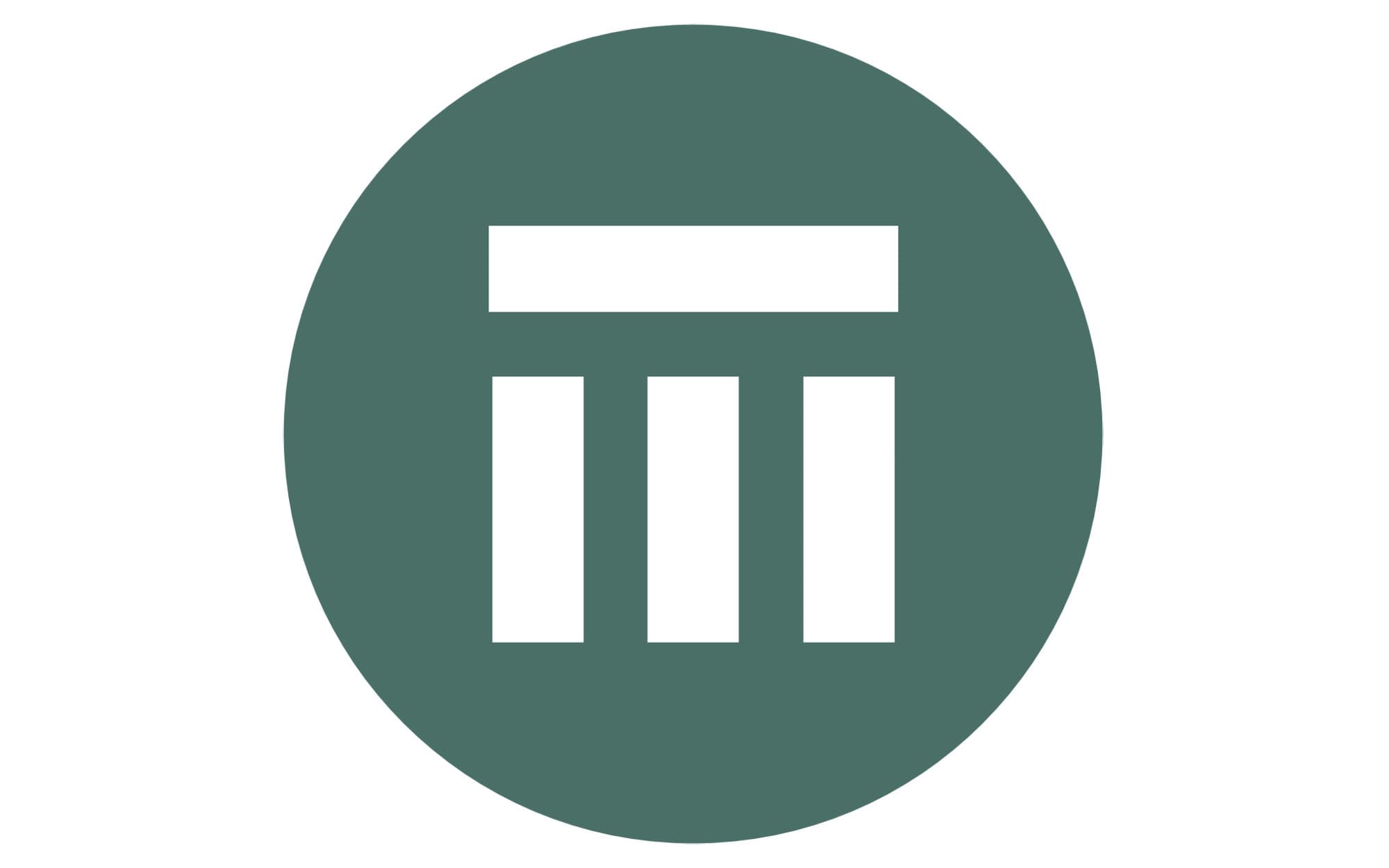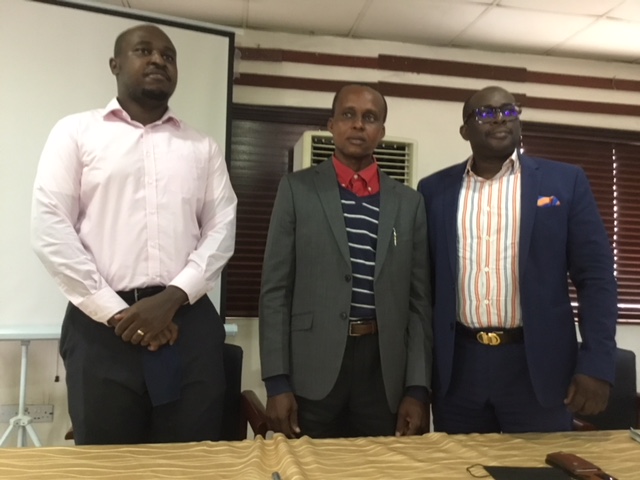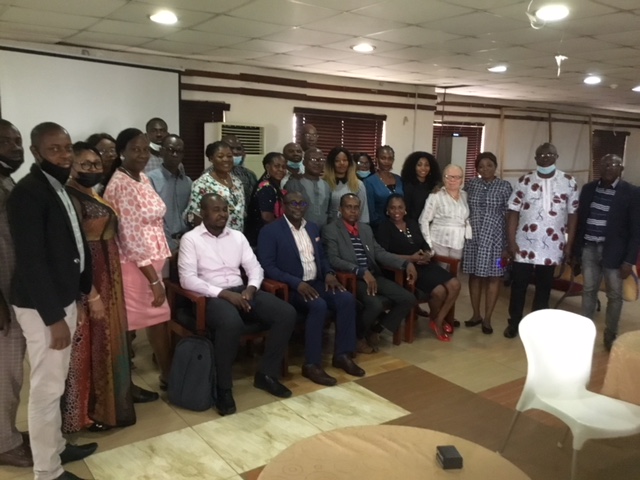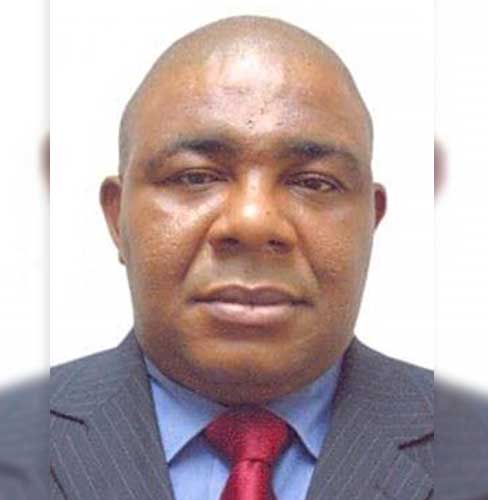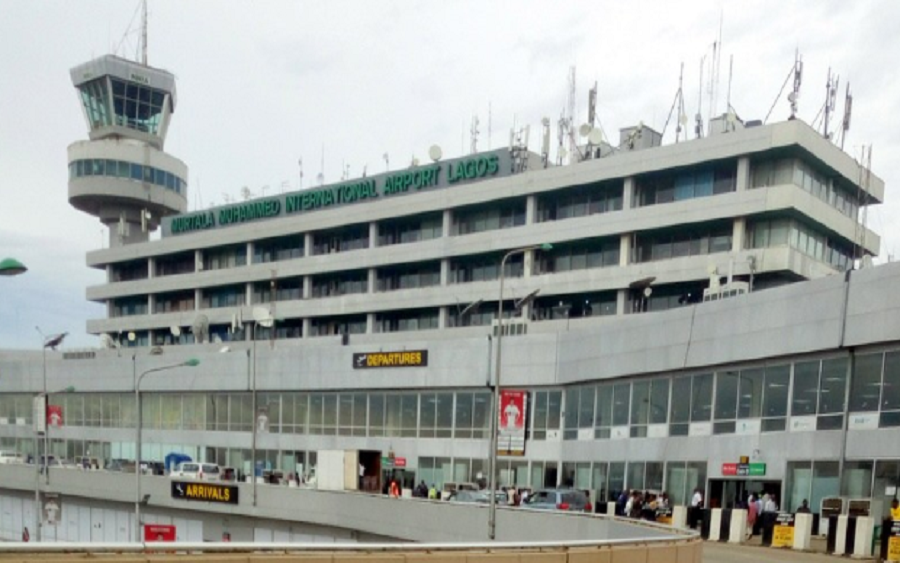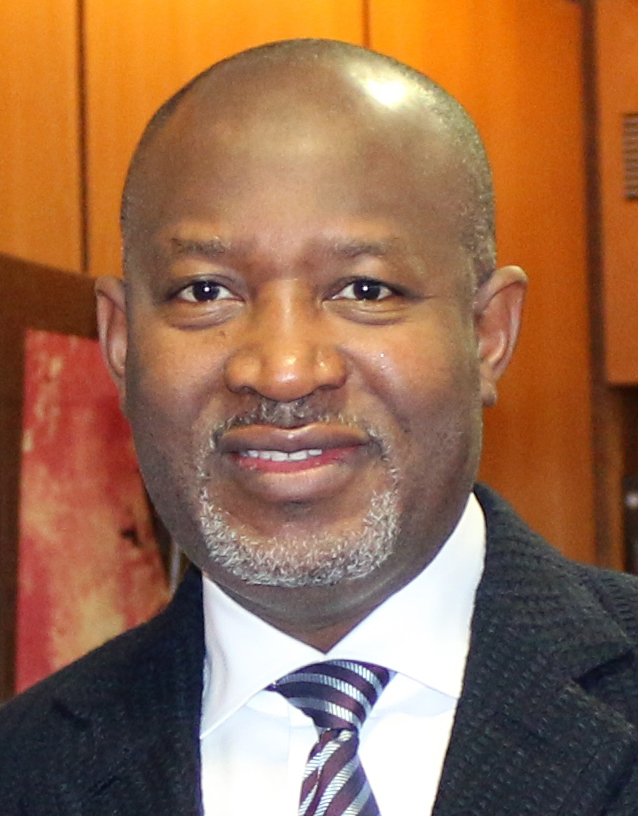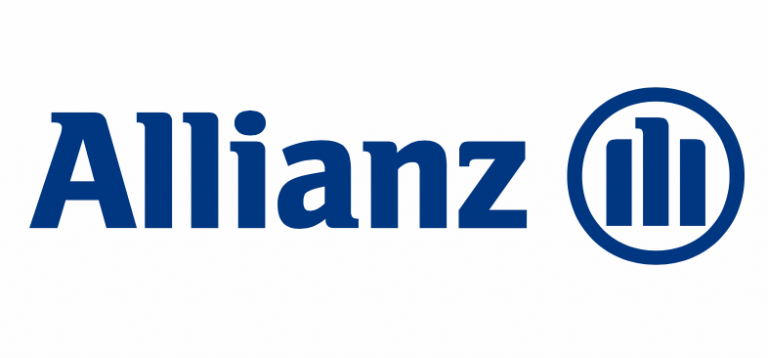Global insured cat losses hit $42bn in H1 2021: Swiss Re’s Sigma report
By admin
Global catatrophic osses for the first half of 2021 has reached $40 billion, driven by a deep winter freeze, hailstorms and wildfires, according to Swiss Re Institutes’ preliminary sigma report.
This is above the previous ten-year average and is only exceeded by H1 2011, when major earthquakes in Japan and New Zealand pushed the six-month total to $104 billion.
Man-made disasters triggered another estimated $2 billion of insured losses in the first half this year, less than usual and likely reflecting remaining COVID-19 restrictions.
“The effects of climate change are manifesting in warmer temperatures, rising sea levels, more erratic rainfall patterns and greater weather extremes,” said Martin Bertogg, Head of Cat Perils at Swiss Re.
Taken together with rapid urban development and accumulation of wealth in disaster-prone areas, secondary perils, such as winter storms, hail, floods or wildfires, lead to ever higher catastrophe losses.
“The experience so far in 2021 underscores the growing risks of these perils, exposing ever larger communities to extreme climate events. For example, winter storm Uri reached the loss magnitude that peak perils like hurricanes can wreak.
“The insurance industry needs to upscale its risk assessment capabilities for these lesser monitored perils to maintain and expand its contribution to financial resilience.“
Global economic losses from disaster events are estimated at $77 billion in the first half of 2021. This is below average for the past ten years
Swiss Re notes that the economic loss figure is expected to rise as more losses are accounted for in the coming months. The first half of the year is also not representative of the full-year figures.
Of the total estimated economic losses in the first half of 2021, $74 billion were caused by natural catastrophes, while man-made disasters triggered an additional $3 billion.
“Climate change is one of the biggest risks facing society and the global economy,” said Jérôme Jean Haegeli, Swiss Re’s Group Chief Economist.
“The recent analysis from the UN’s Intergovernmental Panel on Climate Change confirms expectations of more extreme weather in the future and urgency to act to limit global warming.
“Working with the public sector, the re/insurance industry plays a key role in helping to strengthen communities’ resilience by steering development away from high-risk areas, making adaptation investments, maintaining insurability of assets and narrowing protection gaps.“

